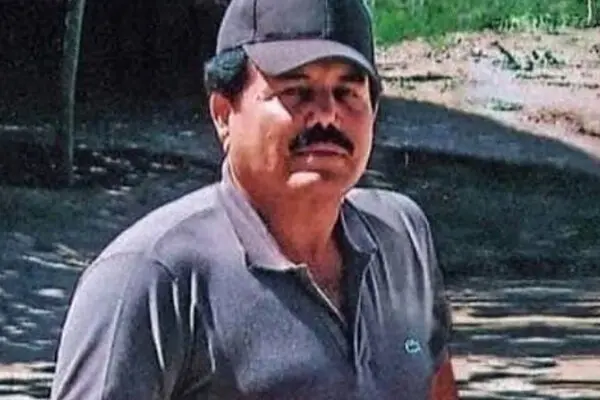MEXICO CITY, Mexico – The United States recently captured Mexico’s most-wanted drug lord, Ismael “El Mayo” Zambada, leader of the notorious Sinaloa cartel.
However, this high-profile arrest has sparked unexpected controversy in Mexico, where prosecutors, backed by the president, are now considering bringing treason charges against those who facilitated Zambada’s handover to U.S. authorities.

The arrest is the culmination of a bizarre series of events that began in July, when Zambada unexpectedly appeared on a private flight that landed near El Paso, Texas.
This flight, arranged by another prominent drug capo, was intended to transport that capo, Joaquín Guzmán López, son of the infamous Joaquín “El Chapo” Guzmán, to the United States for his own surrender.
However, in a dramatic twist, Guzmán López allegedly abducted Zambada before leaving Mexico and forced him onto the plane, leading to Zambada’s capture by U.S. officials.
U.S. authorities were surprised by the sudden opportunity to arrest Zambada, whose cartel has been a driving force behind the decades-long drug violence and terror that has plagued Mexico.
Despite the success of this operation, the response from Mexican authorities has been anything but celebratory.
Rather than expressing gratitude to the U.S. for apprehending one of the world’s most dangerous criminals, Mexican prosecutors are now exploring the possibility of charging Guzmán López, along with anyone else involved in the operation, with treason.

This unusual legal approach stems from Mexico’s penal code, which defines treason not only as actions such as attacking the country on behalf of a foreign power but also as aiding in the capture and handover of a Mexican national to foreign authorities.
The potential treason charges are further complicated by historical precedents, most notably the case involving the abduction and murder of Mexican doctor Enrique “Kiki” Camarena, a DEA agent whose death in 1985 led to significant tension between the U.S. and Mexico.
The clause in the penal code used to justify treason charges in Zambada’s case was originally motivated by the legal aftermath of that incident.
Zambada, who had a $15 million U.S. reward on his head, has been a key figure in the global drug trade, and his capture is a significant blow to the Sinaloa cartel.
However, the possibility of treason charges against those involved in his arrest introduces a complex layer of diplomatic and legal challenges that could strain U.S.-Mexico relations.
As Mexican authorities continue to investigate the circumstances surrounding Zambada’s arrest, the situation underscores the intricate and often convoluted dynamics of international law enforcement efforts against powerful criminal organizations.



